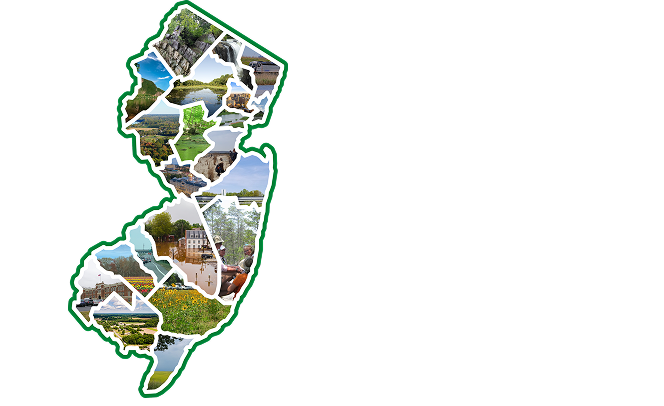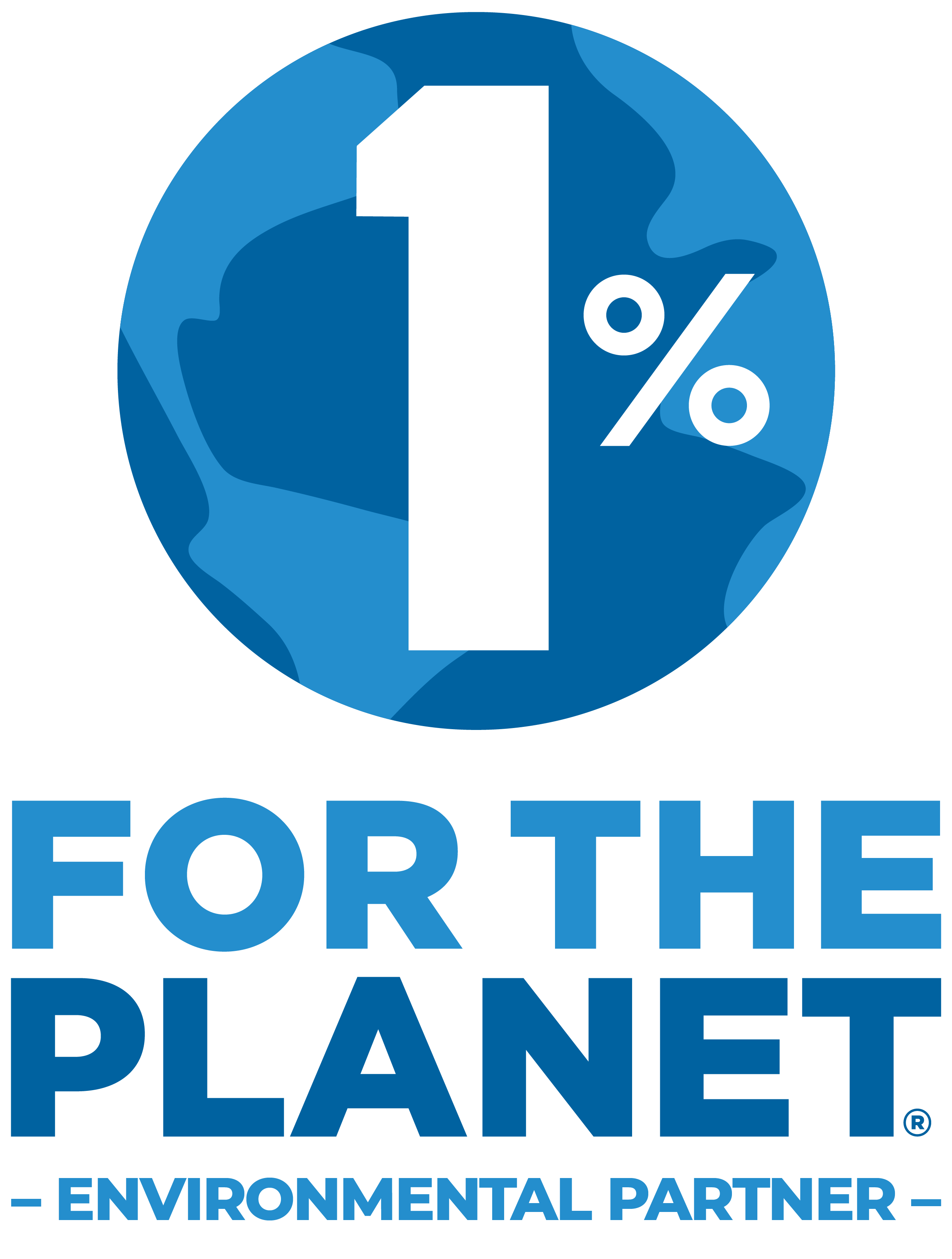Active banners: 0 Visible banners: 0
There’s a lot of misinformation out there about all kinds of topics, and teaching students how to wade through it to find relevant and reliable information is important. So how can we guide our students with this task?
To recognize misinformation in general, it can be helpful to teach students about the reliability of sources. These kinds of research skills are helpful when students are researching for class or just looking for information online. I work with the librarian at my school on this. Before I do my first research project with my students, I have the librarian come to class and show students the resources they have access to and how to cite those sources. I think we often assume that because our students grew up with the Internet, these kinds of skills are intuitive to them, but searching in a database, for example, is a skill that students may still need to be taught.
To help students recognize climate misinformation specifically, I find it helpful to teach about what science is and isn’t. A lot of science misinformation is not really science at all, but rather pseudoscience. I teach students about how to recognize pseudoscience so they aren’t tricked by these kinds of arguments. This kind of discussion isn’t just limited to the science classroom! In social studies, the history of pseudoscience can help us understand the role of science in society today. In English, understanding how an argument is constructed is a useful skill as well.
Discussing climate misinformation could be emotionally challenging for some students. When closely held beliefs are being challenged, the brain can interpret this as a threat, sending us into fight-or-flight mode. I like to keep in mind that some of my students are hearing climate misinformation from loved ones or people they trust, and so it can be quite difficult if they feel those beliefs are challenged. Something that can help with this is to just stick to the facts, rather than trying to negate the misinformation directly.
One of the most empowering skills students can get from their education is the ability to think for themselves in order to make their own decisions or decide their own courses of action. Understanding what is happening to our planet and why, so that we can take appropriate action, is a crucial component of combatting climate misinformation.
Author
Greta Stacy (she/her) has been a high school science teacher for nine years. She has experience with teaching IB and AP, and specializes in chemistry. Originally from St. Paul, MN, she is currently teaching in Rome, Italy. When Greta is not in the classroom, she likes to take her dog for walks in the park.
All resources can be used for your educational purposes with proper attribution to the content provider.









